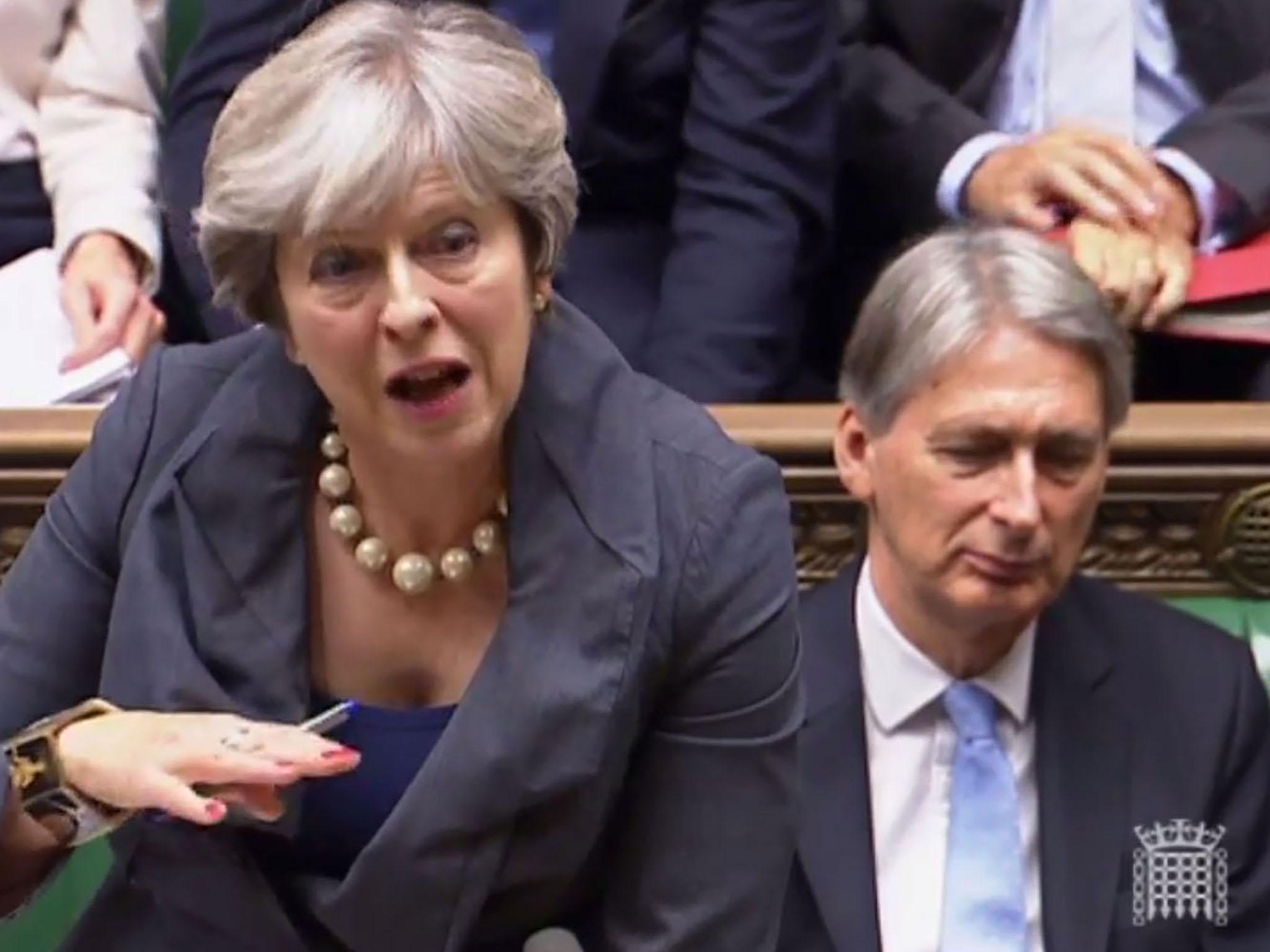Theresa May's 'Marxist' energy price cap policy will, ironically, only benefit the rich
There are much better ways to deal with fuel poverty – the winter fuel allowance for pensioners being one rather crude but obvious example


When Ed Miliband first announced a cap on energy prices before the 2015 election the Tories denounced it as a ridiculous attempt to buck the market, an exercise in socialist economic control and a sure sign that the nation was going “back to the seventies”. Now, spooked by Jeremy Corbyn’s boundless campaigning energy, they’ve shamelessly copied the idea. Well, the Tories were right first time: it is a futile and indeed damaging policy. Here’s why.
First, you can’t buck the market. Somewhere, somehow, the energy companies will find a way to structure tariffs to get their revenues back. That, in fact, is what, as businesses supposed to generate a profit, they are supposed to do. The simplest way would be to reduce the appeal of all those special offer “teaser” rates they offer new customers and switchers. So there’ll be a net effect of transferring money from the more sassy and discriminating consumer to those who are too ignorant or lazy to shop around. Is that right and just?
Second, energy companies are not some sort of diabolical agents of evil. They’re private companies in the business of supplying and/or generating gas and electricity and supplying it to businesses and homes. They are regulated. There is competition between the “Big Six”. The market isn’t “broken”. You can shop around. There are price comparison sites to help you switch. There is even competition between price comparison sites. There are “cashback” companies that will give you cash to switch on top of the savings you’ll make on your bills. Competition is there, and is more intense than ever before – and especially when there was just one body in the country supplying gas, British Gas, and electricity was also a state monopoly.
And, by the way, I cannot see why anyone takes pride in being a “loyal customer” of SSE or E.On: loyalty to your partner or family or friends is one thing, but an energy utility? Don't be draft.
More to the point, energy companies need to generate profits. They have to, like all firms, reward shareholders for supplying the equity capital they need, and banks and bond holders for the money they have lent to the utilities to build infrastructure such as wind farms, invest in new power sources and storage, and so on. Profit is not a dirty word. Profits are needed for investment. Restrict prices and you restrict revenues and you restrict profits and you restrict investment. In the long run that means less capacity and poorer infrastructure – and more chance of power cuts and brownouts. Is that what we really desire?

Third: the green argument. If, for whatever reason, you reduce energy costs then people will use more. So we will burn more fossil fuels and have less chance of hitting our CO2 targets and saving the planet. A prime example of the law of unintended consequences.
Four: it is a very bad way to help the poor. I’d agree that the old and poor tend to stick on the standard variable rate, and that their lack of access to the internet and acquaintance with price comparison sites has hindered them, but that goes for everything. Simply cap tariffs and you will also help the rich who are so loaded they don't even notice their gas and electric bills. Inefficient.
There are much better ways to deal with fuel poverty – the winter fuel allowance for pensioners being one rather crude but obvious example. Improve benefits and the old age pension, and allow people to make their own decisions. That, though, would mean persuading working, middle class, middle England to stump up, rather than send the bill to some of the mythical panto villains of the leccy market. No one wants to pay more taxes, I’m afraid, which is the honest way to redistribute income.

The policy of capping tariffs makes no economic sense at all. Not so long ago, the Conservatives seemed to have the intellectual confidence to make the argument for private enterprise, and mock and defeat the idea. Now they don’t have the guts to take on the arguments. So dismal is it that they lack the intellectual capacity to do so. They are instead engaged in an exercise of trying to out-Corbyn Jeremy Corbyn, and that's a contest they can never win. All they are doing is lending the notion of the state control of prices some kind of respectability.
What will they cap next? Petrol? Butter? Broadband? Whatever happened to the party that told people to take responsibility for their own welfare? What planet is Theresa May on? Planet Venezuela, perhaps.
Join our commenting forum
Join thought-provoking conversations, follow other Independent readers and see their replies
Comments
Bookmark popover
Removed from bookmarks